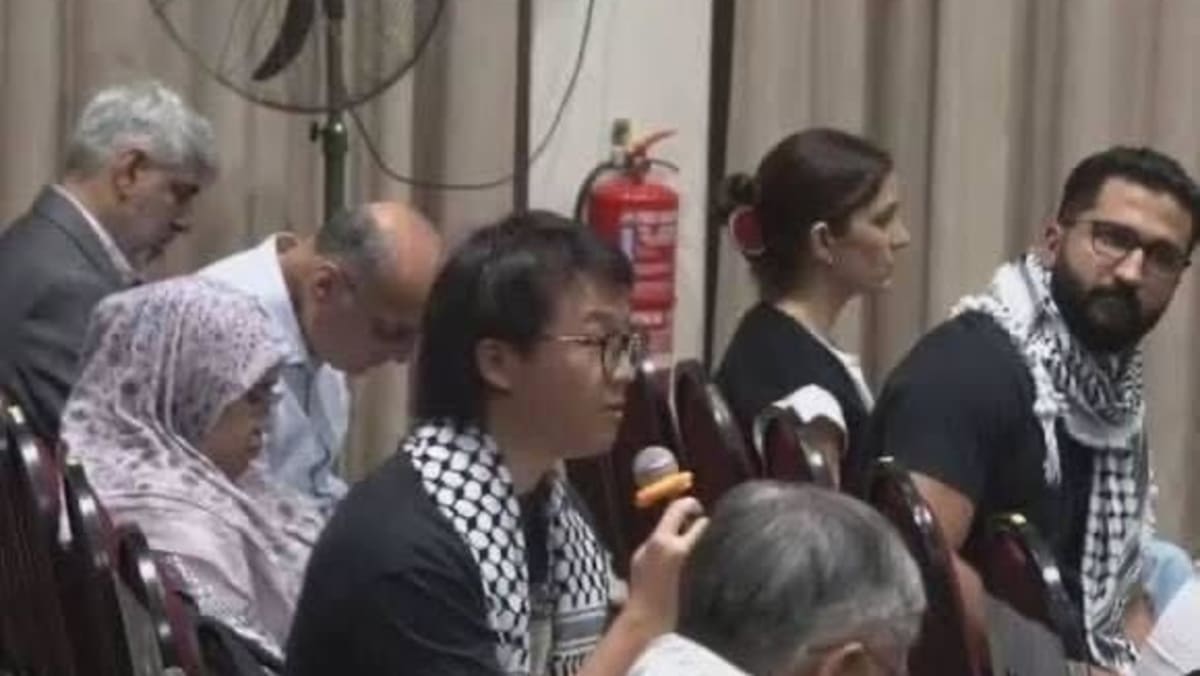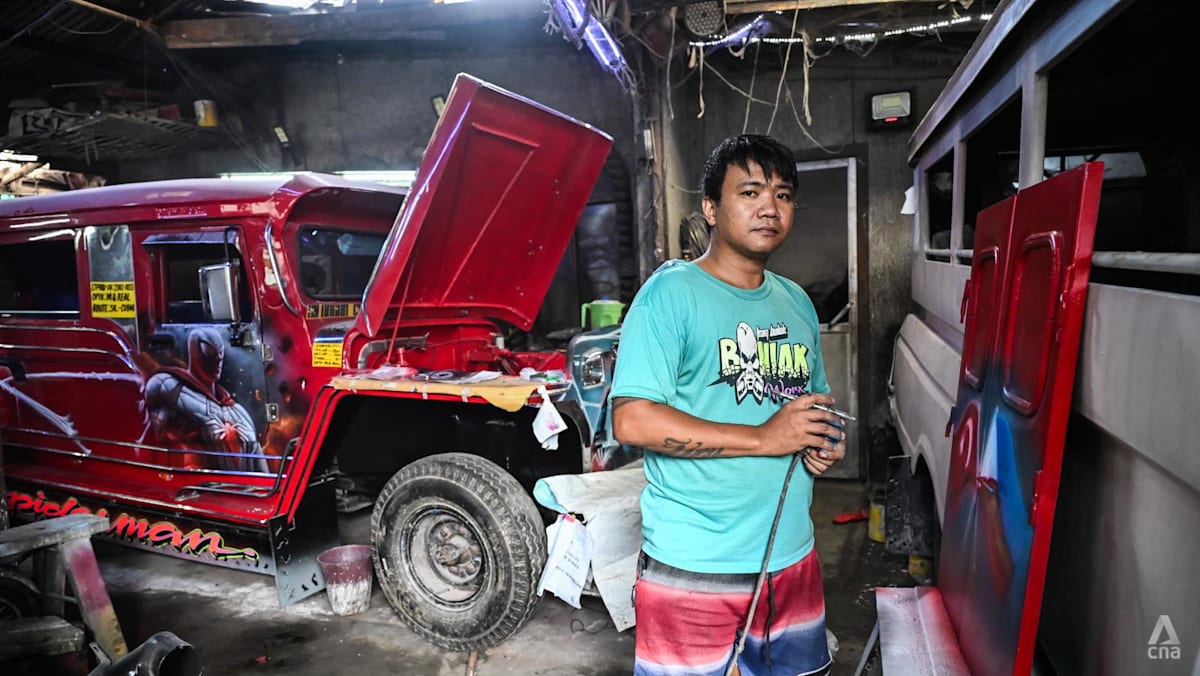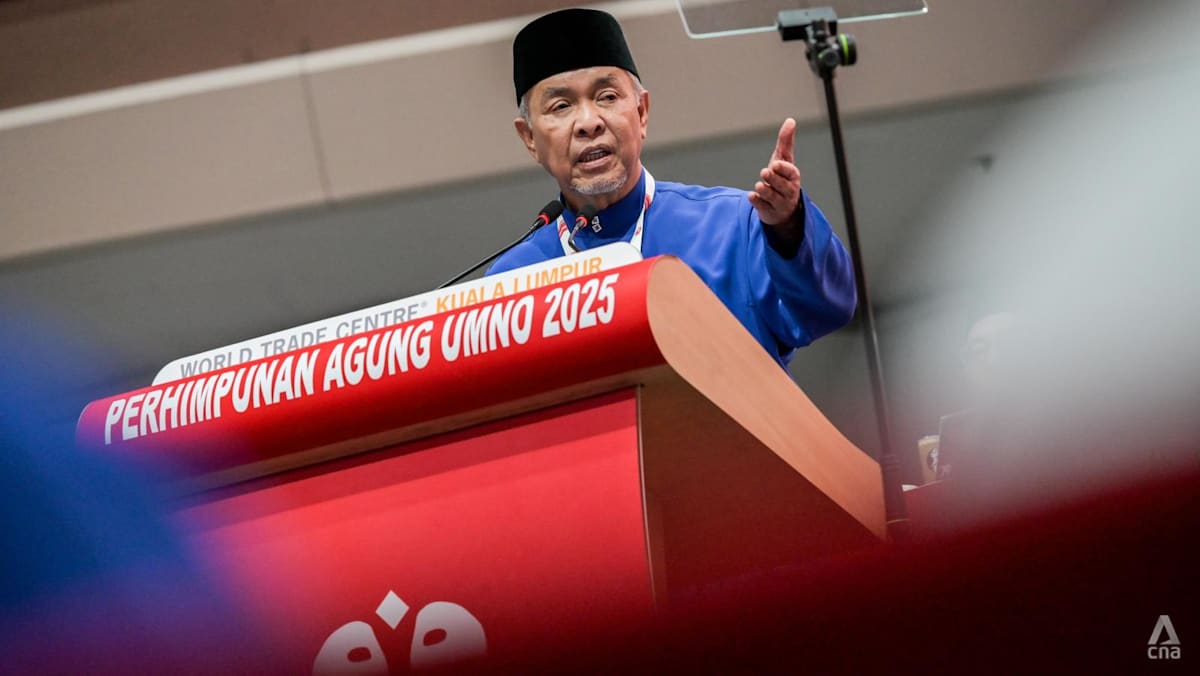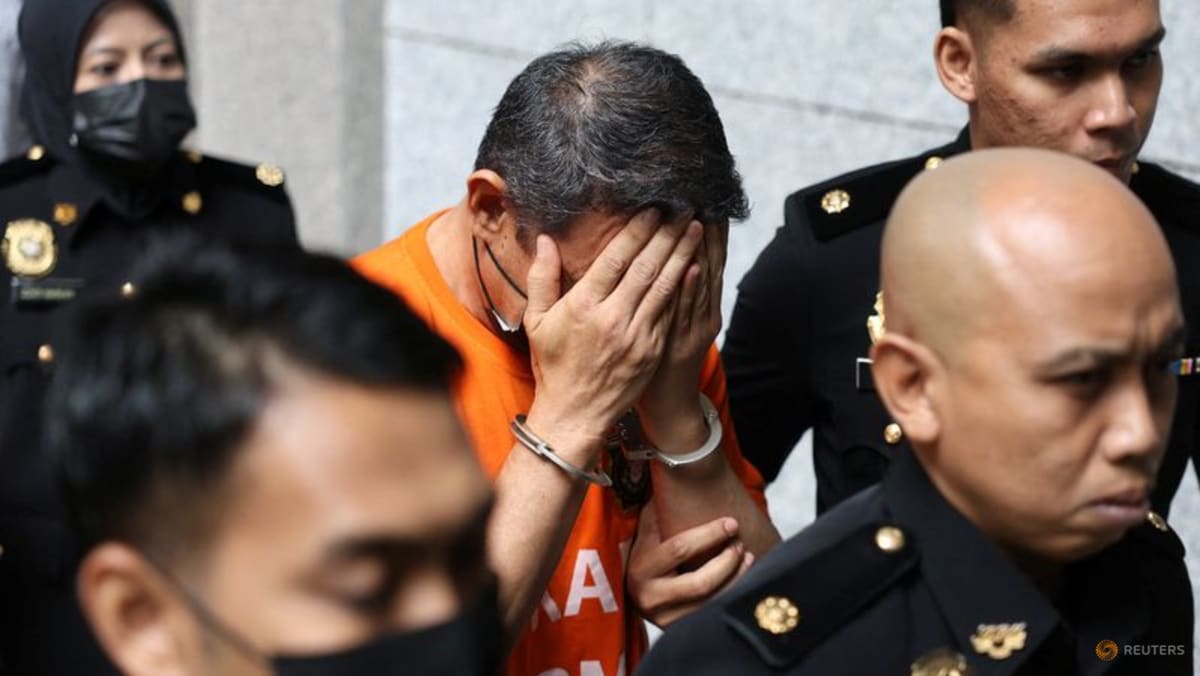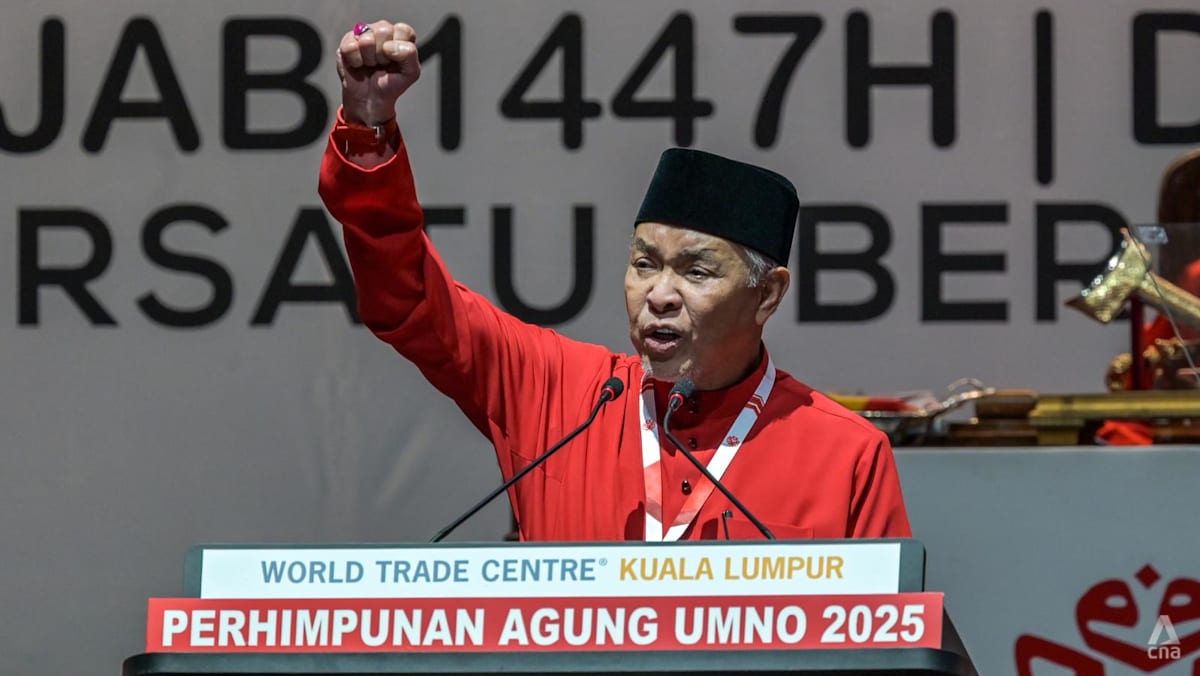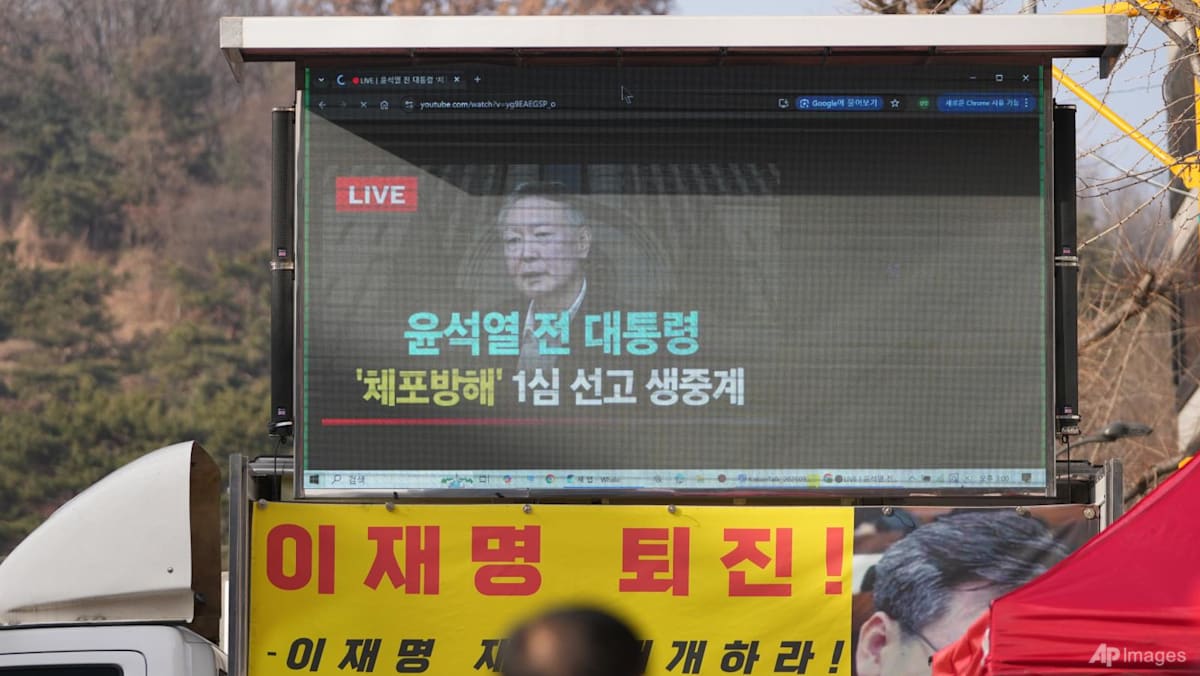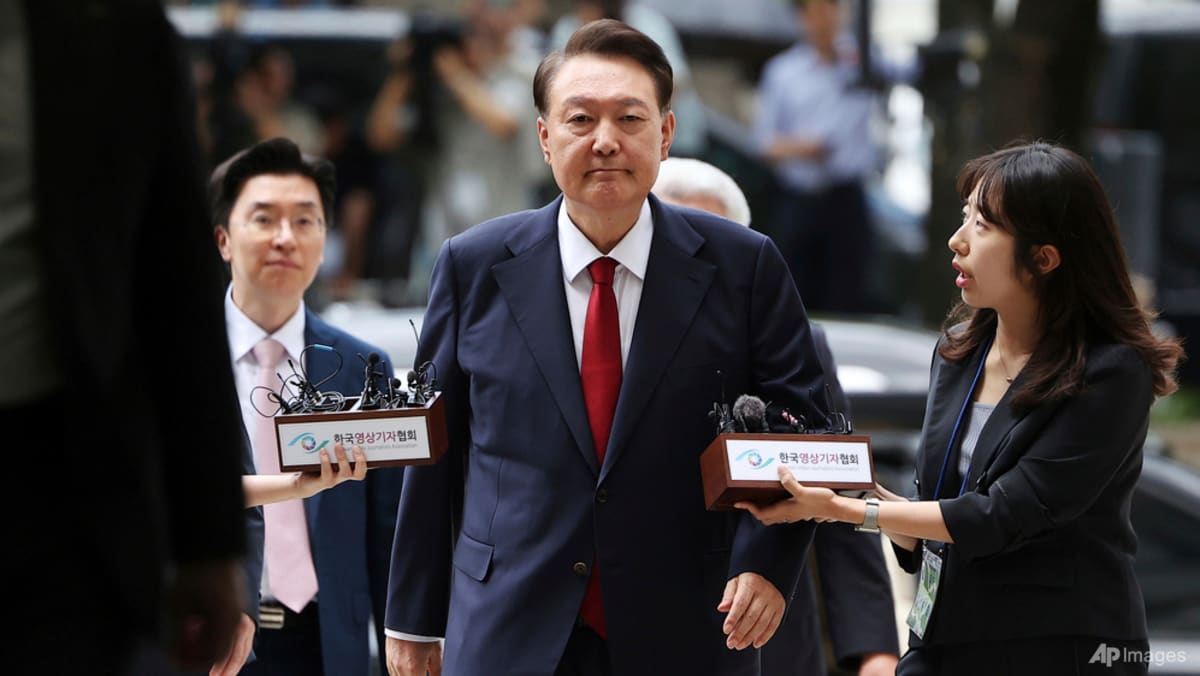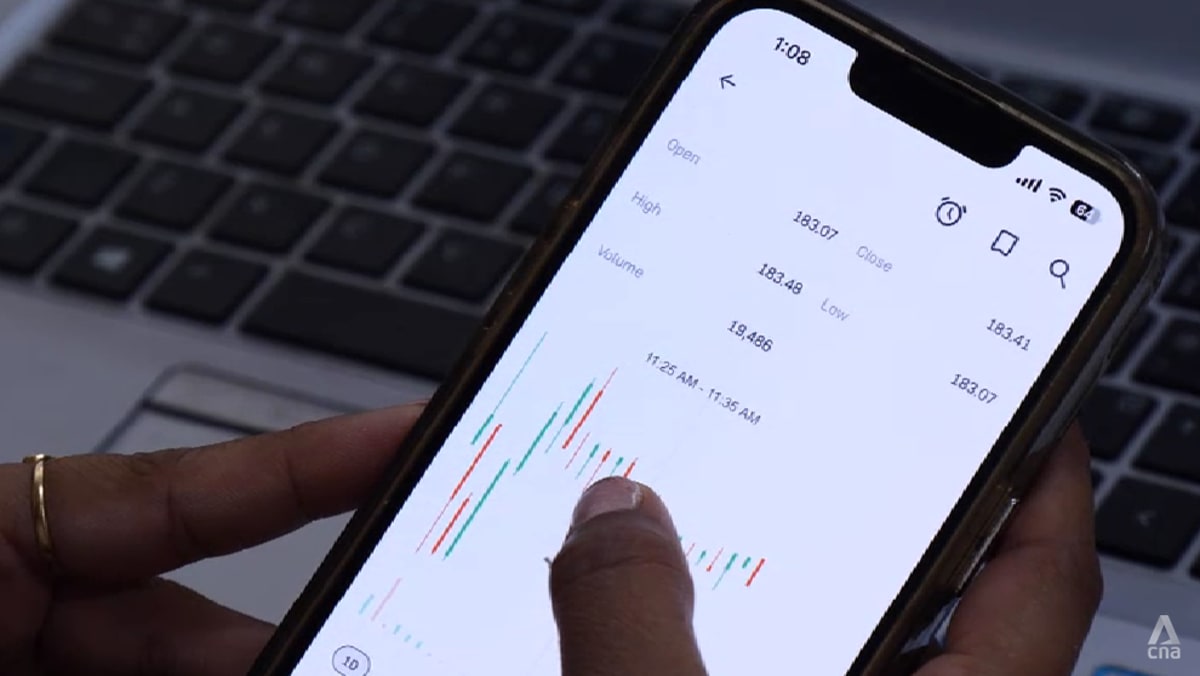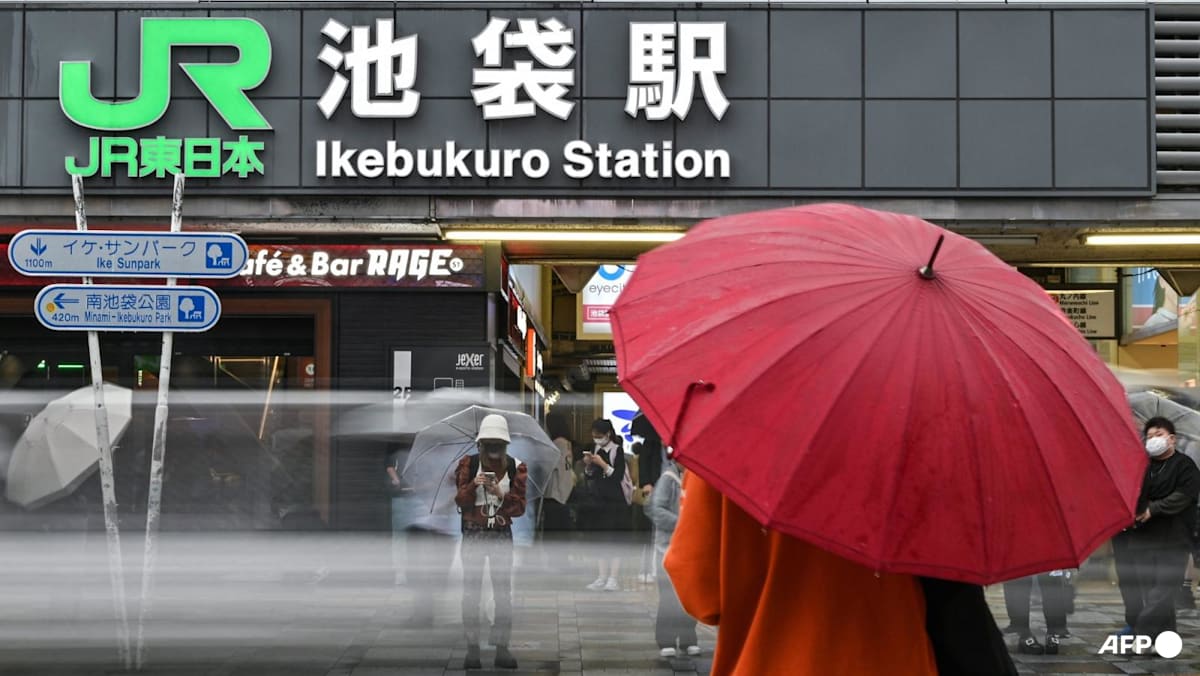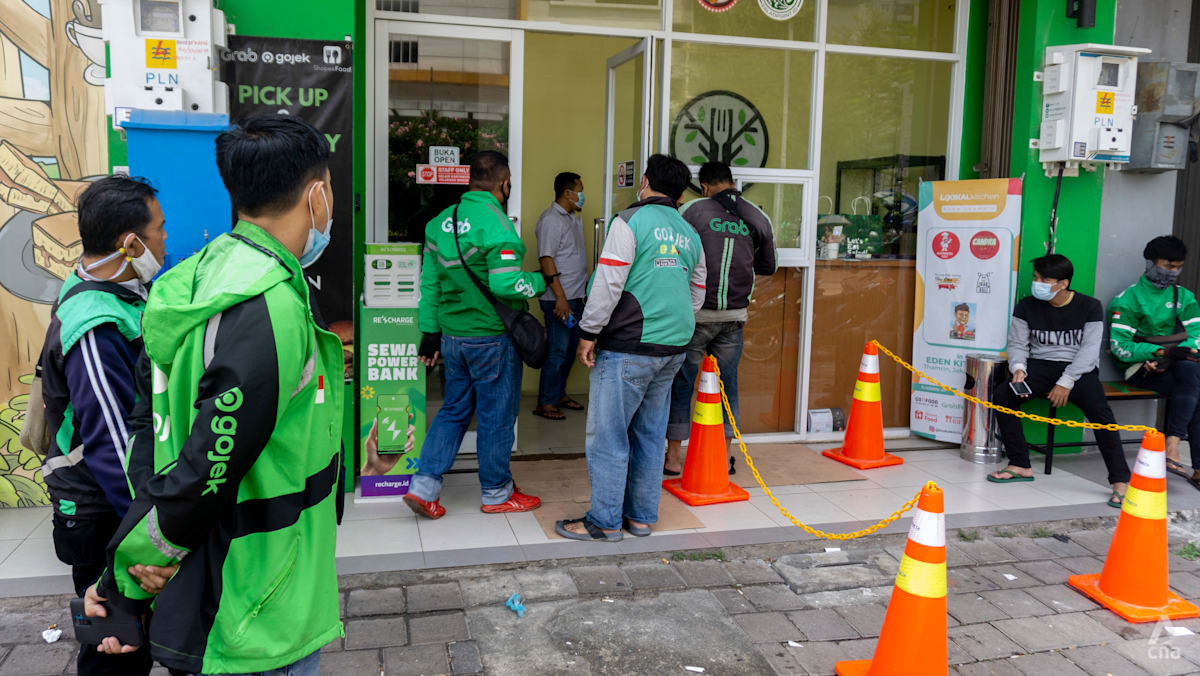Commentary: Prabowo and Jokowi on a unity ticket to dampen election criticism

BRAND CONTINUITY
The basic legitimacy of Prabowo’s victory is not in question – his victory clearly reflects a genuine preference on the voters’ part for a candidacy that was sold to them as representing continuity with a popular government that brought stability and economic progress to the country.
In the aftermath of the election Prabowo has been very cautious about flagging any policy ideas of his own, with his party even declaring that the formation of a transition team before this inauguration was unnecessary, so seamless will the continuation of Jokowi-era policy be.
Work is beginning to make Prabowo’s most high-profile policy promise, a programme of free school lunches, workable. Analysis by one Indonesian media outlet suggested that if delivered on the scale flagged during the campaign, the programme’s annual would cost up to 1.9 per cent of gross domestic product.
Jokowi’s administration is now working to downsize this into a more affordable format that allows Prabowo to claim the fulfilment of an election promise, but the free lunch idea is seen by investors in the context of Prabowo’s history of grandiose promises of state-led economic transformation.
Perhaps concerns about his fiscal trustworthiness in mind, Prabowo recently flagged his fealty to the key planks of “Jokowinomics” in a speech to an investors’ forum in Jakarta.
He reaffirmed his respect for Indonesia’s 3 per-cent-of-GDP statutory debt ceiling and promised to continue Jokowi’s programme of streamlining the sprawling state-owned enterprise sector while retaining state-owned firms’ strategic role in key sectors of the economy.
Brand “continuity” thus endures after the election. So do the worries about where Prabowo might lead the country.
In an off-the-cuff remark that Prabowo’s made regularly in the past – but seldom in English – he told the same Jakarta forum that “democracy is really very, very tiring … very, very messy (and) very, very costly”, again observing that ‘there is a lot of room for improvement’.
As Indonesia prepares to hand custody of its democracy to such a prominent legatee of the New Order regime, confronting the risks to the integrity of its elections that the 2024 polls highlighted are a priority for its political class – if only out of their own self-interest.
Liam Gammon is Research Fellow at the East Asian Bureau of Economic Research, and a member of the East Asia Forum editorial board. This commentary first appeared on East Asia Forum.
Source: CNA



